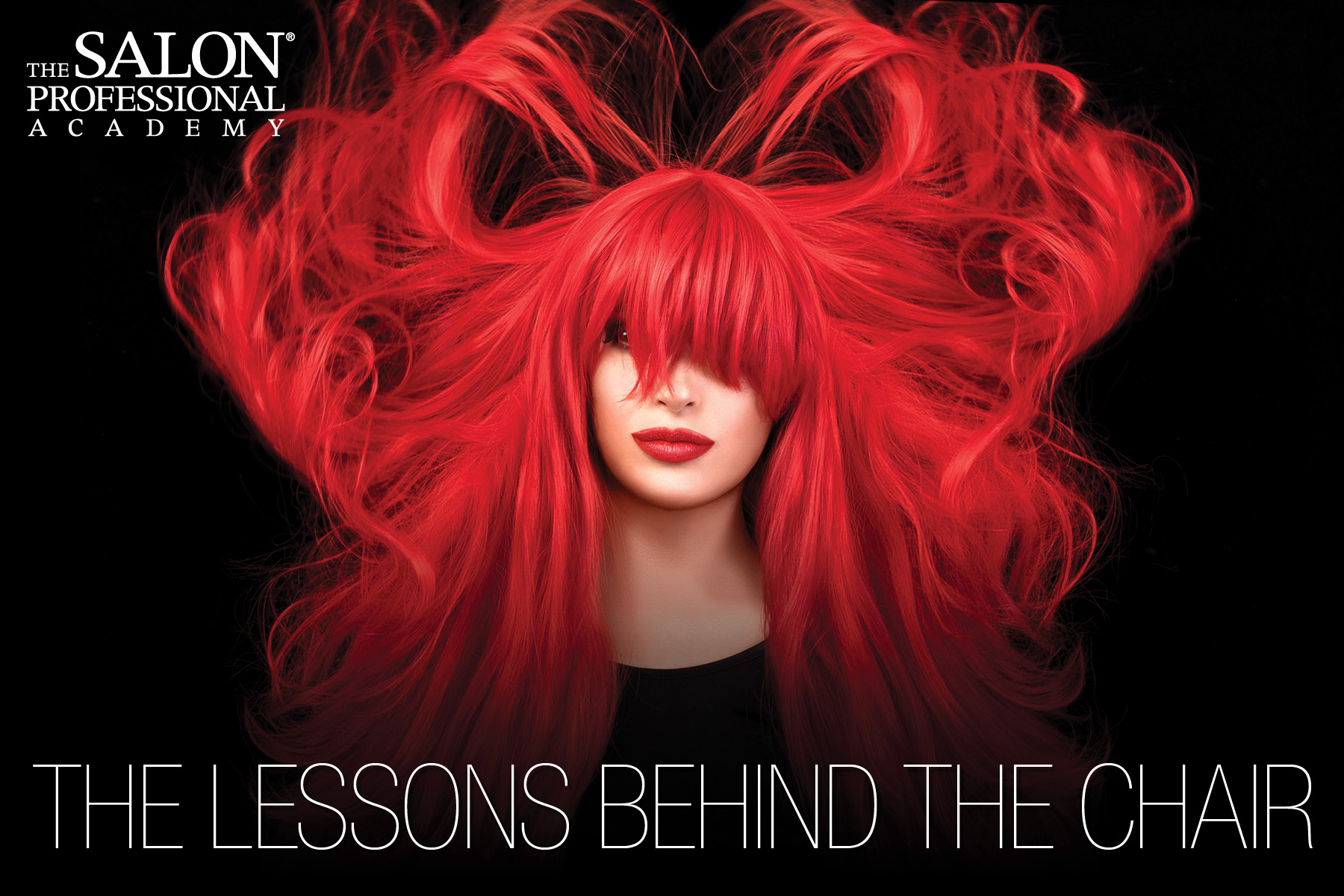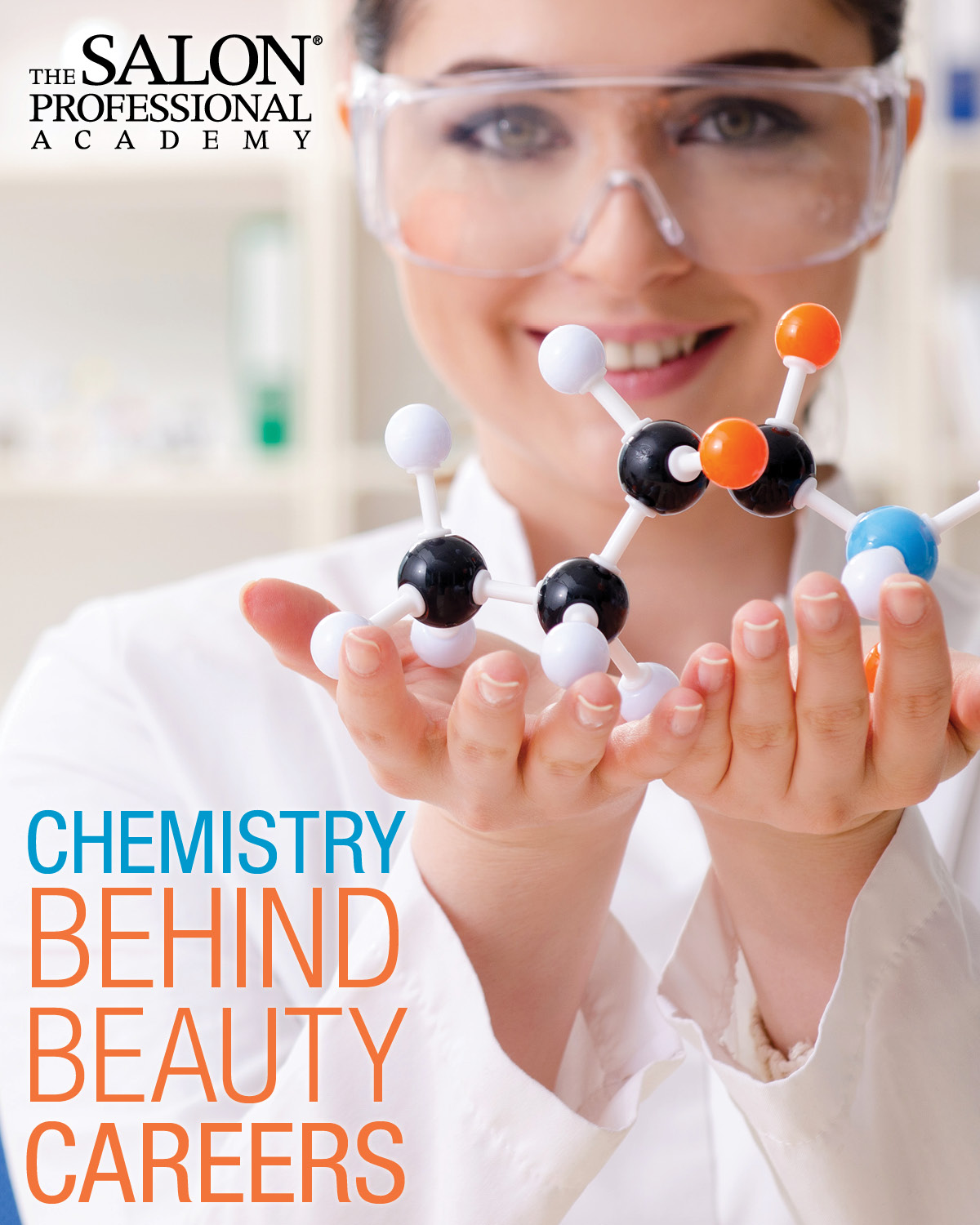Steps to Becoming A Professional Hair Colorist
Although people have been coloring their hair for thousands of years, modern advancements now allow you to achieve any hair color possible. With so many new and exciting hair coloring products, experts at Technavio expect the global hair color market to grow by 13.75 billion dollars by 2025.
This rise in market value also means that there will be a rise in hair colorist job opportunities. So, if you’ve ever wanted to become a hair colorist, then now is the time to make it happen.
If you’re interested in a career in hair coloring but are unsure where to start, then this article is for you. Here are the steps you need to take to become a hair color specialist to set you on the right path.
Sign up for Cosmetology School
The first step is to enroll in a cosmetology school like the Salon Professional Academy of Evansville.
But why would you need to go to cosmetology school if you want hair stylist training? The answer is simple; before you learn about hair color, you must learn the basics of hairstyling. This is because the two go hand in hand and are both necessary to learn to create complete looks for your clients.
TSPA instructors are trained in the latest hair trends to help you start your career as a professional hair colorist on the right foot. You’ll learn popular hair color techniques like balayage, ombre, and sombre.
Moreover, as a TSPA student, you’ll get hands-on training in a professional salon environment. But your journey doesn’t end when you complete your training and graduate.
Pass the State Board Licensing Exam
Once you finish cosmetology school, you’ll need to pass the State Board exam to earn your official license and start working with clients. Each state has its own requirements of how many training and practice hours you have to do to earn your cosmetology license.
In addition to your hair colorist training, your TSPA instructors will be able to prepare you to ace your State Board exam.
Earn Your Hair Color Certification
The final step is to earn your hair color certification. Your certification is different than your cosmetology license and equally as important. While you’ll get basic hair colorist training in cosmetology school, you may consider going through more specialized hair color schooling for licensed professionals to become a leading professional hair color specialist.
Become a Hair Colorist by Following These Steps
Now that you know what steps are necessary to become a hair colorist, you’re ready to turn your hair coloring dreams into a reality.
There’s no better place to start your journey than with TSPA. TSPA graduates have limitless cosmetology career opportunities after they complete their training.
You’re welcome to contact us or stop by TSPA Evansville to learn more about our classes or services anytime.













